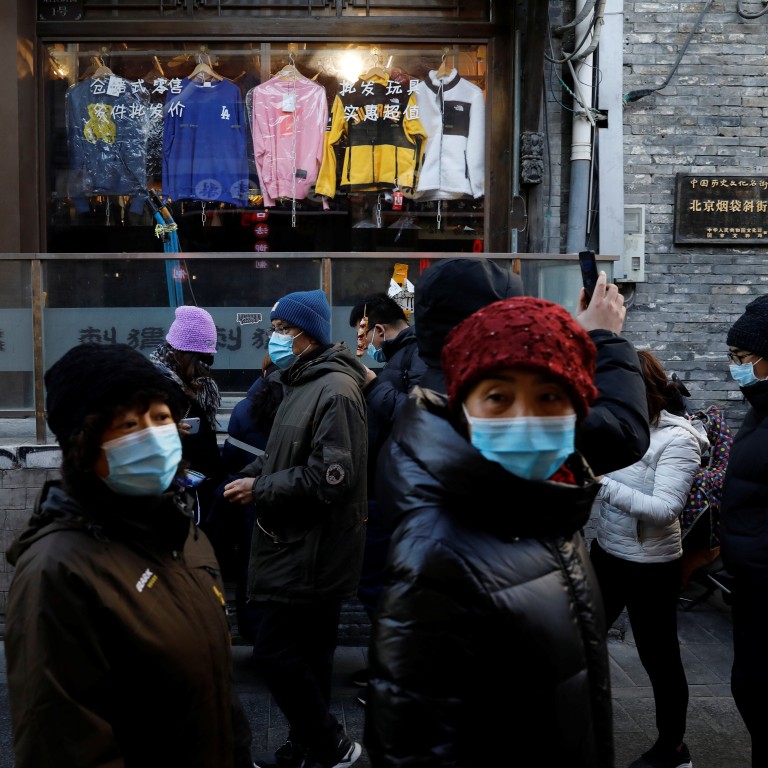
As coronavirus, US-China tensions add to global economic uncertainties, Asia looks to be a key growth engine
- After a year in which ties between Beijing and Washington further strained, analysts are taking a measured approach to how the outlook could change under Joe Biden
- Global coronavirus recovery seen hitting a few speed bumps before the pandemic is over, and the effects of geopolitical tensions will have wide-reaching ‘implications’
The evolution of the global coronavirus pandemic and geopolitical tensions between the United States and China will continue to reverberate throughout the world for some time, even after the virus is brought under control and bilateral tensions ease, experts have warned.
Speaking at a virtual panel during the Asia Financial Forum (AFF) on Monday, Singapore’s former deputy prime minister, Wong Kan Seng, said the stakes are high in the relationship between the world’s two largest economies, and the full effects it will have on the global economy are still unclear.
“It remains uncertain which way the relationship will go, because it will take time for president-elect Joe Biden to deal with the domestic economy as well as the pandemic. And he is trying to heal a nation that is already so divided, all of it will take up a lot of energy,” said Wong, who is now chairman of United Overseas Bank Limited, a multinational banking organisation headquartered in Singapore.
“It will continue to have implications for the rest of us in the world,” he added.
The successful management of the pandemic in China has enabled the country to rebound its economy quickly
While the global recovery will surely hit a few speed bumps before the pandemic is over and geopolitical tensions and economic uncertainties still loom, Asia will continue to be a key growth engine “with China in the lead”, Laura Cha, chairwoman of the Hong Kong Exchanges and Clearing, said at the AFF.
The World Health Organization has repeatedly estimated that at least 60 to 70 per cent of the world’s population will have to be inoculated to break the chain of transmission. But Dr Anthony Fauci, the leading US infectious disease specialist, said recently that it may take close to 90 per cent immunity to bring the virus to a halt.
Governments of major countries have provided massive support for their economies since the start of the coronavirus crisis. While this support has helped protect people and preserve jobs, it is also expected to have driven global government debt to a record 99 per cent of global gross domestic product in 2020, the World Bank said this month.
Also speaking at the AFF, Jean Lemierre, chairman of BNP Paribas, said he doubted that the debt situation in emerging market economies was sustainable, because they do not have the ability to engage in quantitative easing to pump liquidity into their economies the way central banks in major economies do. Aggressive monetary easing in emerging economies is “very limited whenever it is possible”, he said.

